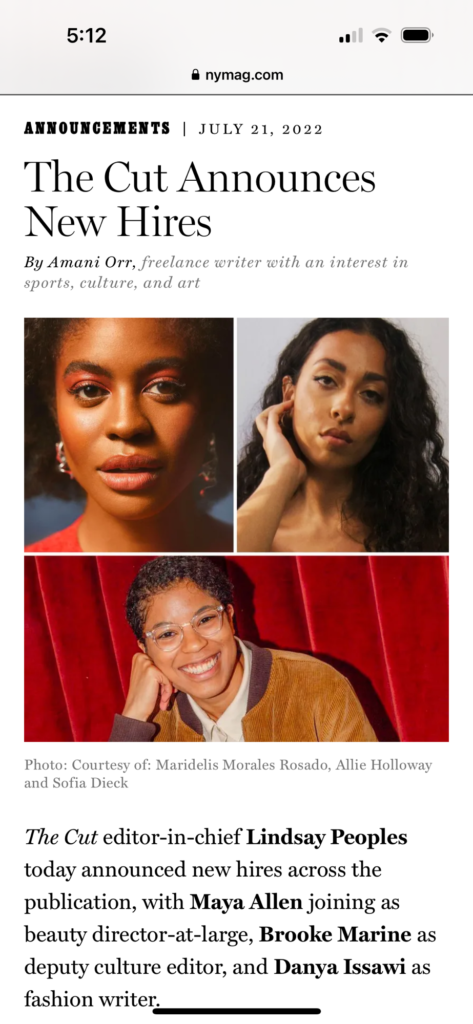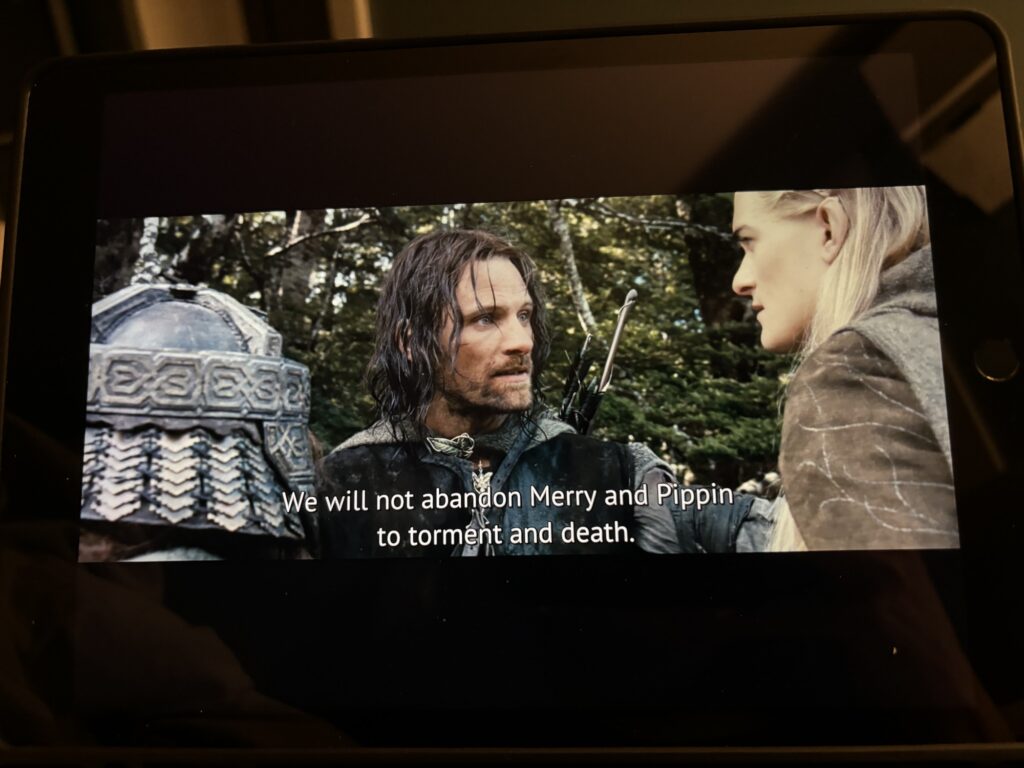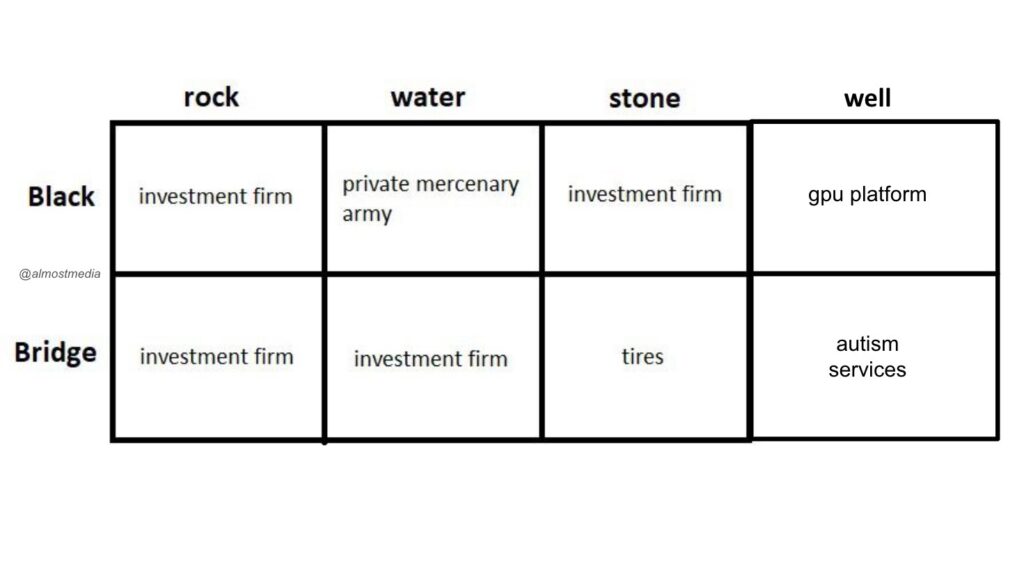While parked in gridlock caused by the American state department delegation snarling traffic in Tirana, I shared a classic British comedic sketch from Monty Python’s The Holy Grail with a friend who resides part time in the Balkans.
King Arthur is riding through his lands and is asked to contemplate anarcho-syndicalism and the constitutional arrangement most equitable to an offended peasant named Dennis.
Help! Help! I’m being repressed
Monty Python and the Holy Grail
Feeling moderately repressed ourselves by the various bureaucrats, politicians, and general institutional disarrays that was in our way, the joke hit home. No matter your station in life, we are all a repressed in someone else’s system.
We can make jokes about staying above the API layer all we like, but the nudging organizational state is finding ways to reduce us to variables. Many of us have become spreadsheet brained. Will it be a gradient descent into the madness of a jackbooted local minima?
Perhaps it better to become the disassociating trader acted by Paul Bettany in Margin Call who simply can’t stomach that level of hypocrisy. He knows we want to play innocent about the violence hidden underneath the abstractions.
“Listen, if you really wanna do this with your life you have to believe you’re necessary and you are. People wanna live like this in their cars and big fuckin’ houses they can’t even pay for, then you’re necessary. The only reason that they all get to continue living like kings is cause we got our fingers on the scales in their favor. I take my hand off and then the whole world gets really fuckin’ fair really fuckin’ quickly and nobody actually wants that. They say they do but they don’t. They want what we have to give them but they also wanna, you know, play innocent and pretend they have no idea where it came from. Well, thats more hypocrisy than I’m willing to swallow, so fuck em. Fuck normal peopl
Will Emerson (Paul Bettany) Margin Call
We are all experiencing some level of abstraction from the base layers of reality. Some of us are more academic about it. Some of us are simply more or less unwilling to accept the hypocrisy of it. None of us can opt out completely. Plenty of professions let you get closer to the visceral base reality and then you too can see the violent inherent in the system.
And so we argued over resources and raw power. How abstract can we get? The paleoconomists say “go back to the gold standard” but we can’t. Can we go forward though?
Most of us see that entirely detaching the exchange value of goods from material items and their underlying value is a huge struggle for most people. We wouldn’t have endless discussions about the cost of groceries if it was clear to folks how the market priced physical goods.
Financial markets are fictions where we negotiate material needs like food, shelter, clean water, bodily integrity, and property ownership claims. All need to be priced in. It isn’t fun when the exchange value mechanism completely detaches from that reality. It makes us uneasy. Shrinkflation makes humans feel gaslit.
Humans are physical beings who abstracted our physical needs into an elaborate market system of exchange values. And like that Monty Python sketch, sure it’s a fun joke, a meme if you prefer, but that meme is a reminder to see the violence inherent in the system.
Anyways, I hope Antony Blinken enjoyed his time in Albania and that everyone has a productive weekend in Munich for the neutral ground security conference. Our diplomats have never needed a neutral ground weekend more amirite? The financial engineers will concede that reality. Maybe.


